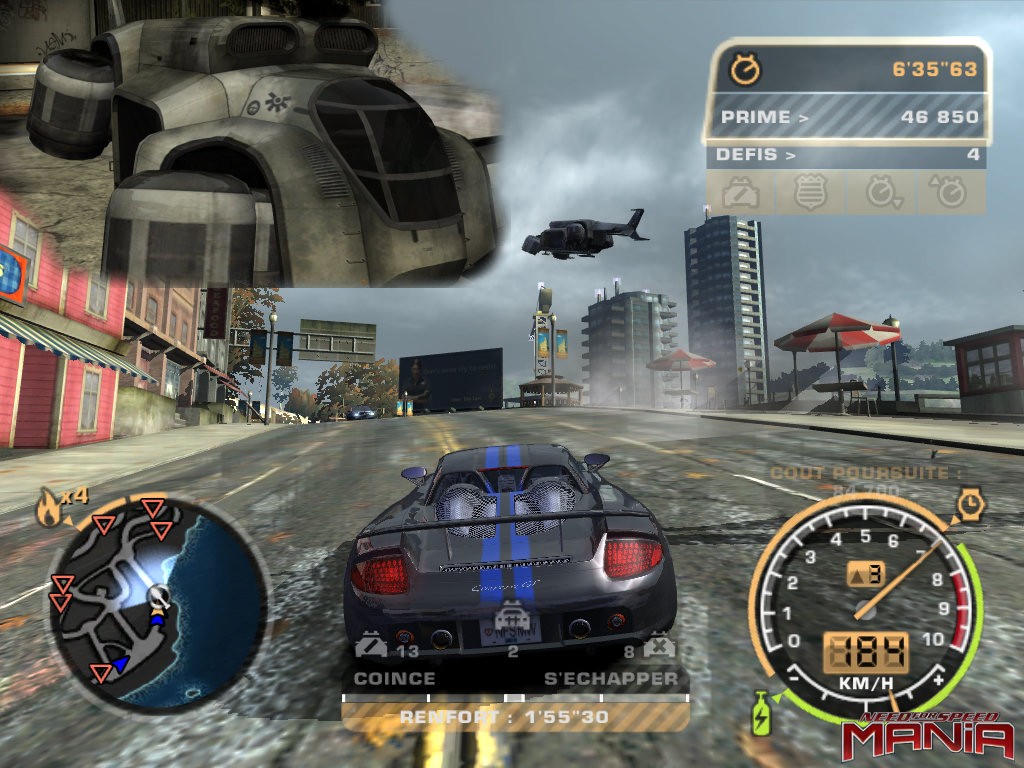

Autolog would be added in every NFS game since, and was even added in the spin-off to Criterion's own Burnout series, Crash!.


Games of note after this retool included the two Need for Speed: Shift games (20) by Slightly Mad Studios, which had an organized track racing format similar to the failed ProStreet, and Criterion Games' 2010 reboot of Need for Speed: Hot Pursuit, which went to back to racing with exotics in a fantastic environment that added a focus on online social gameplay with their Autolog system. However, the success was short-lived as after the critical and commercial disappointments of Need for Speed: ProStreet (2007) and Need for Speed: Undercover (2008), EA retooled the series by experimenting with various developers and gameplay styles for a few years, with two vastly different NFS games being released annually. Free-roaming environments were later added to the gameplay formula starting with Need for Speed: Underground 2 (2004) and were expanded upon in Need for Speed: Most Wanted (2005) and Need for Speed: Carbon (2006). However, after seeing the success of the film The Fast and the Furious in 2001, EA decided to move the series to tuner car racing in urban environments, starting with Need for Speed: Underground (2003), which was a commercial hit at the time. It started out in 1994 with The Need for Speed, initially with a focus on allowing players to drive the most exotic supercars in a variety of fantastic environments for their time, with games developed mostly by EA Canada for the PlayStation 1 versions and EA Seattle for PCs and non-PlayStation consoles. As a result, it has seen many changes and at least four reboots.

Need for Speed, frequently known by its initials NFS, is a long-running and popular series of racing games published by Electronic Arts focusing on illegal street racing, and it is the publisher's oldest continually-running franchise not under their EA Sports brand. Thirty Seconds to Mars, "Edge of the Earth", as played on the title screen of Need for Speed: Hot Pursuit (2010)


 0 kommentar(er)
0 kommentar(er)
